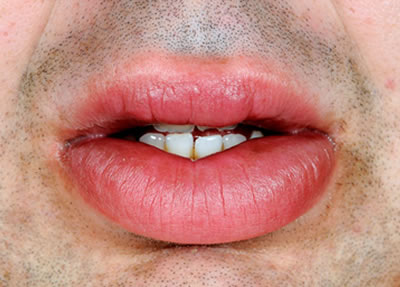Medical Conditions Affecting the Mouth

Many medical conditions also affect the mouth.
Haematological conditions may cause manifestation in the mouth. Anaemia may be associated with soreness, ulceration or fungal infections in the mouth. Leukaemia may be associated with swelling or bleeding of the gums. Patients who require chemotherapy or radiotherapy may develop considerable soreness and ulceration in the mouth called mucositis. Patients who have had a bone marrow transplant may develop soreness and ulceration due to graft versus host disease. Also viral infections may occur because of reduced immune function called immunosupression due to the condition or the treatment. Also ulceration may develop due to a reduced number of neutrophils. Working at King's College Hospital where there is a very busy haematological oncology department Dr Poate regularly manages patients with these oral conditions both on the wards and in the oral medicine clinic.
Dermatological conditions such as lichen planus, pemphigoid and pemphigus may cause blisters and ulceration affecting multiple sites of the oral mucosa as well as a redness of the gums called desquamative gingivitis.
Gastrointestinal conditions may be associated with oral manifestations. Crohn's disease may be associated with swelling of the lips and face, oral ulceration and swellings inside the mouth. Ulcerative colitis and coeliac disease may also be associated with oral ulceration.
Rheumatological conditions such as lupus, rheumatoid arthritis and Sjogren's syndrome may be associated with dryness of the mouth.
Drugs used for treating medical conditions may have affects on the mouth such as dryness of the mouth, changes in taste, lip swelling or causing areas of soreness or ulceration in the mouth.
Diabetes mellitus may be associated with dryness of the mouth, swelling of the salivary glands or fungal infections in the mouth.
Often these oral mucosal conditions can be diagnosed by taking a clear history including a detailed medical history and performing an oral examination. Sometimes investigations such as swabs, saliva tests, blood tests, imaging and sometimes a biopsy are required.